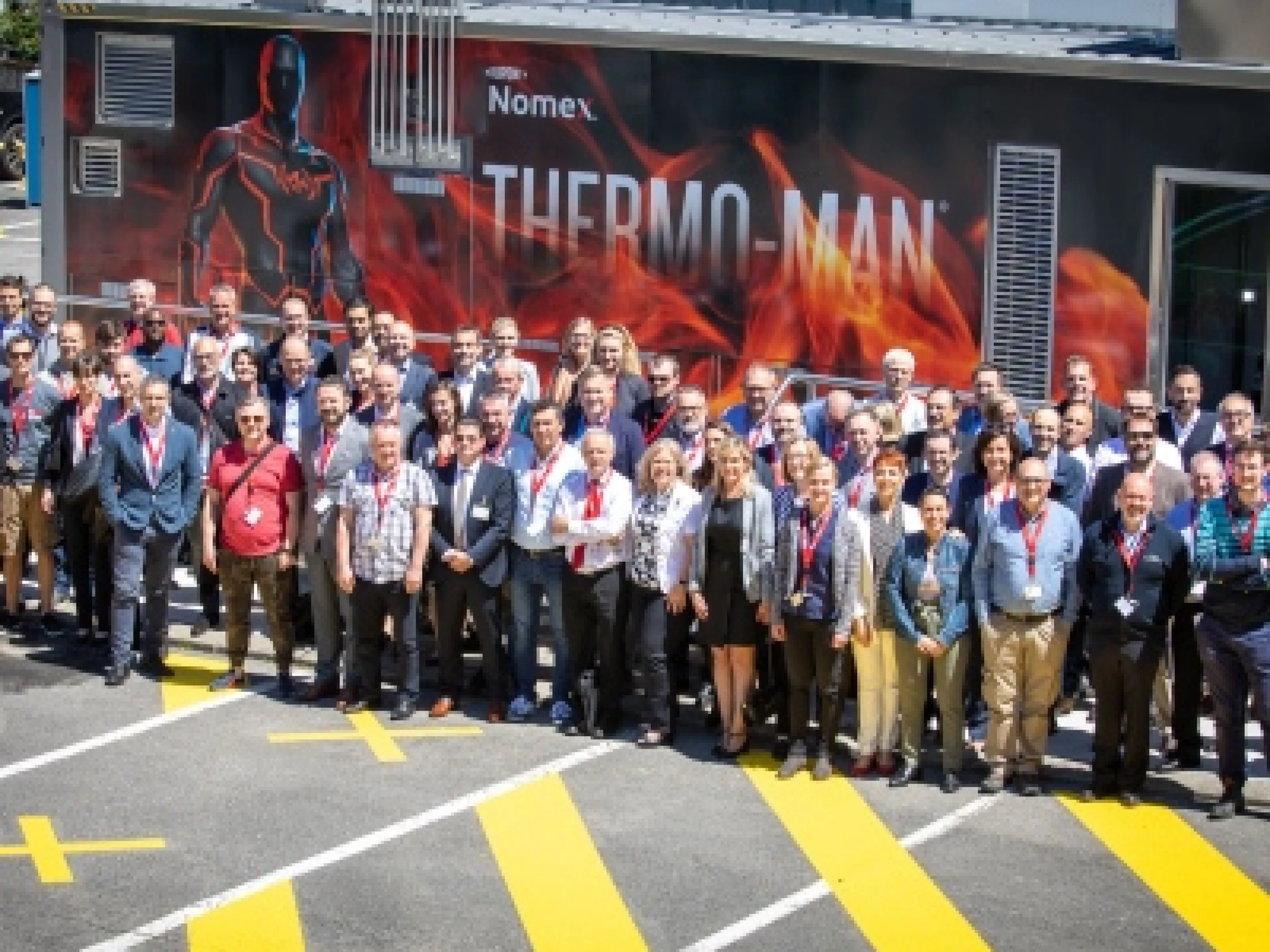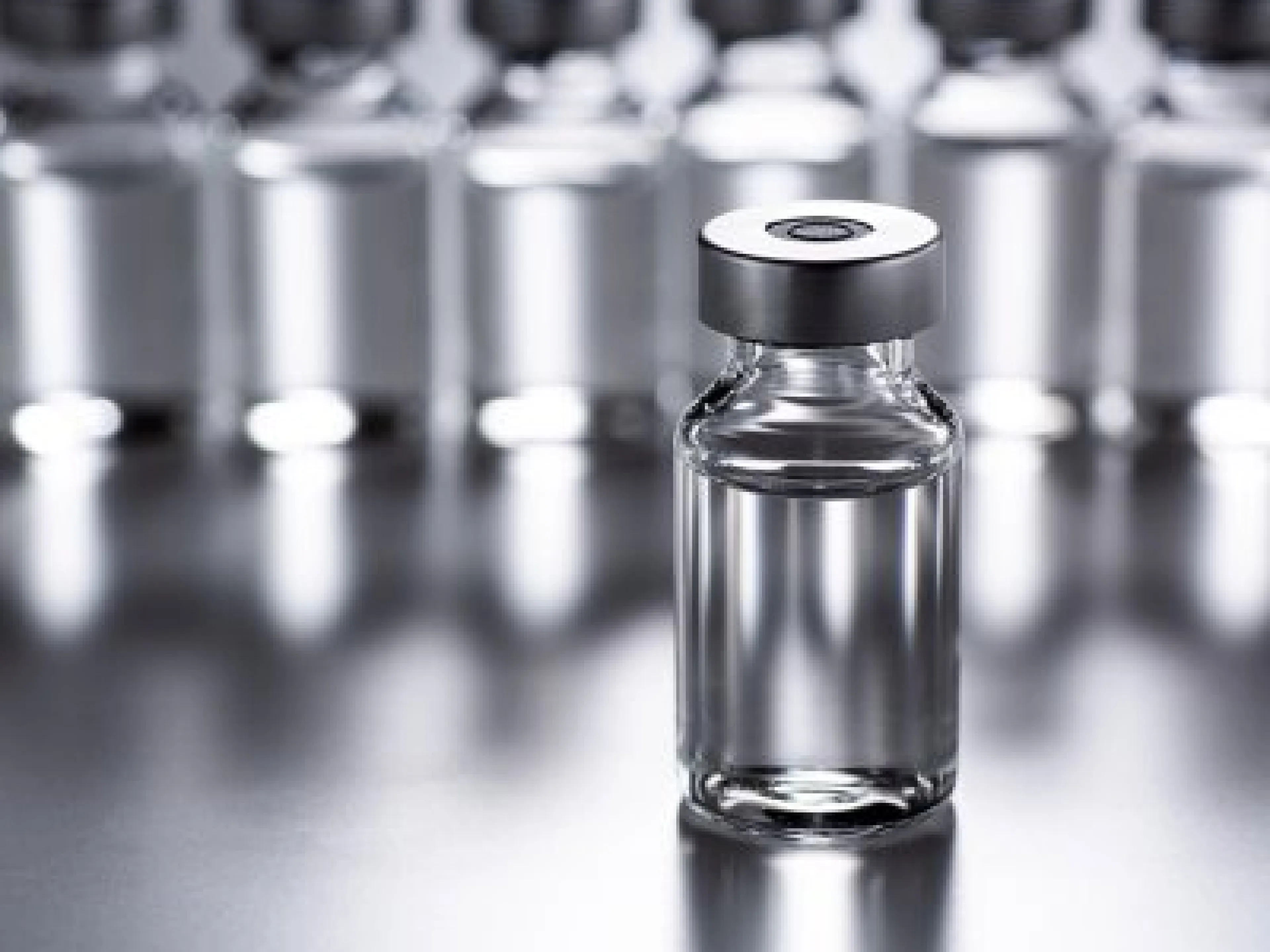
Evonik is building a new, highly flexible world-scale production facility for pharmaceutical lipids in the USA. The new facility at Evonik's Tippecanoe site in Lafayette, Indiana, will broadly position the company for future growth in new type mRNA-based therapies beyond Covid-19 vaccines. Construction will begin in early 2023, with the facility expected to be operational two years later. The investment in the lipid plant will help create more than 80 highly skilled jobs in the Lafayette region.
Evonik is investing a total of 220 million dollar in the new plant. The U.S. government is contributing up to 150 million dollar to the project through its Biomedical Advanced Research and Development Authority. The project is also supported by the Indiana Economic Development Corporation, the Greater Lafayette Commerce Chamber, and the utility Duke Energy. The health care business of the Essen-based specialty chemicals company is an integrated service provider of products and technologies for mRNA-based medicines. Evonik supplies major pharmaceutical companies worldwide with lipids needed for the use of mRNA, or messenger ribonucleic acid. Lipids are crucial components for formulating mRNA-based drugs.
Investment in lipid production
During the Corona pandemic, Evonik made a key contribution by supplying lipids for Pfizer/Biontech's Covid-19 vaccine and for vaccination campaigns around the world. mRNA serves as a carrier of genetic information in cells. It can be designed for a wide range of pharmacological applications. Messenger RNA vaccines, for example, teach cells how to make a protein that triggers an immune response. "With this investment in lipid production, we are further expanding our leading position in the global market and specifically strengthening our health care business," says Evonik CEO Christian Kullmann. "The investment supports our strategic transformation to 'Next Generation Evonik': by providing solutions with a superior ecological and socio-economic profile, we create added value for our customers."
The Tippecanoe site in the U.S. state of Indiana is Evonik's preferred location for this project because of its existing infrastructure, highly skilled workforce and available technologies. Tippecanoe is one of the world's largest active pharmaceutical ingredient (API) manufacturing sites and Evonik's second largest site in the U.S., with approximately 650 employees. As a leading manufacturer of active pharmaceutical ingredients (APIs), Evonik focuses on the large-scale production of highly potent drugs and APIs that are based on complex chemistry and require multi-step synthesis.
Evonik aims to increase share of pharmaceutical system solutions to 50 percent
By expanding production of specialty lipids, Evonik is strengthening the Nutrition & Care Division's portfolio of system solutions for advanced drug delivery. The division's goal is to increase the share of its own business accounted for by system solutions from 20 percent today to more than 50 percent by 2030. "As a strategic partner for pharmaceutical and biotechnology companies, we are using the new facility to support our customers from the development to the commercialization of nucleic acid-based drugs. The future belongs to these new therapies," says Thomas Riermeier, head of Evonik's health care business. "We are also looking at expanding our formulation services and upscaling capabilities to consolidate our leading position as a full-service provider." Pharmaceutical formulation is a multi-step process in which the active ingredient is combined with all other components.
The new multi-purpose facility will be designed for rapid and flexible lipid production to deliver a variety of lipids for future applications of mRNA technology in infectious disease control, cancer immunotherapy, protein replacement and gene therapy. Furthermore, the new facility will ensure the rapid and extensive supply of lipids in the event of a future pandemic. Lipids, molecules that form the building blocks of living cells, are critical to the production of mRNA-based drugs. The mRNA is enclosed in a lipid nanoparticle (LNP) composed of specific lipids. The LNP protects the mRNA and delivers it safely into the cell, where it is released. LNPs are currently the most advanced drug delivery system for biopharmaceutical drugs and have gained worldwide acceptance for their versatility in the fight against Covid-19.









